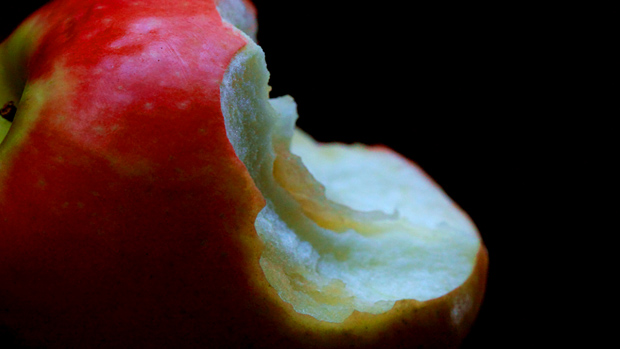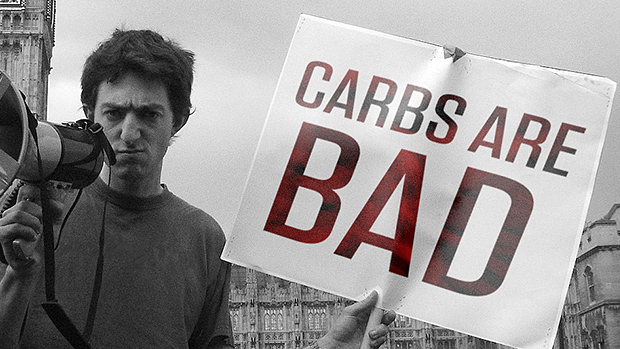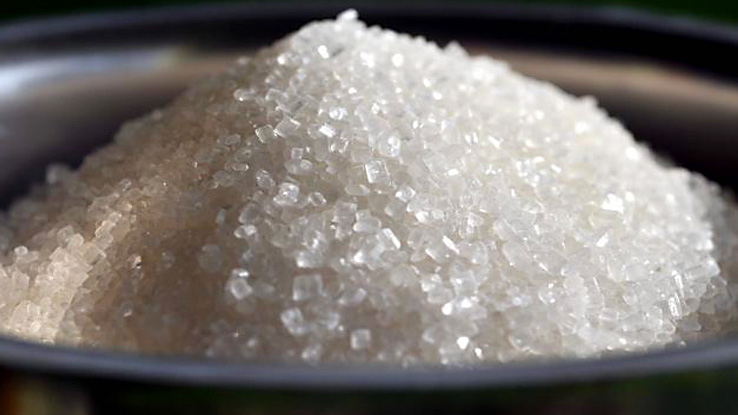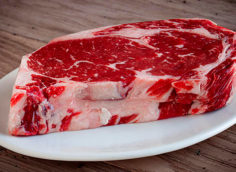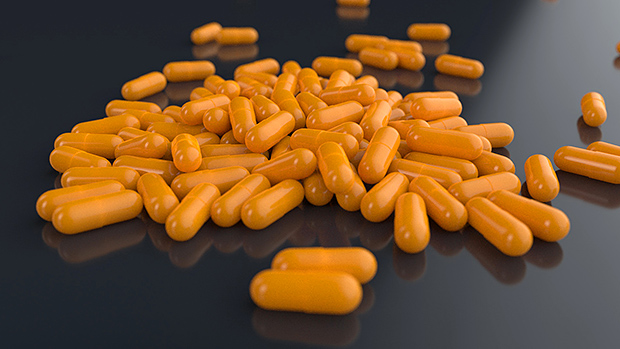A Common Misconception
One of the biggest misconceptions, and a huge contributor to poor health and lousy physiques, is the belief that anything labeled "organic" is automatically a good choice for any diet plan. That's simply not the case.
Soda made with organic cane juice is still soda. Organic jelly-filled toaster pastries are still jelly-filled toaster pastries. Organic mac 'n cheese is still freaking macaroni and cheese.
"Organic" has precisely zero to do with the amount of calories or macros a food contains, so in that sense, you're better off pretending the word doesn't exist.
Can some organic foods be a better choice than conventional? Yep, definitely, but that's largely due to fewer pesticides and other potential toxins. It has nothing really to do with organic foods automatically having more protein, less sugar, or fewer calories than their non-organic counterparts.
A Quick Spritz of Poison

Don't think "the pesticide thing" is worth paying attention to? Let's quickly consider one in particular – endosulfan.
Endosulfan is a highly potent insecticide shown to have neurotoxic, estrogenic, and potentially carcinogenic effects. It was banned in the US in 2010 and many other countries soon followed suit. But it's still used in plenty of third world countries with more lax restrictions who rely on food export for trade and to help ensure larger harvests of coffee, tea, cocoa, apples, cucumbers, and tomatoes.
While some studies have shown, for example, pesticides on coffee beans can be reduced (not entirely removed) during the roasting process, that simply turns the situation into "We put poison on the food, but don't worry, most of it's gone before you eat it" compared to "There's no poison on the food."
Going organic definitely doesn't mean you're going pesticide-free, but it's a "better bad" to have detectable, consistently regulated pesticides rather than a free-for-all that includes already-banned substances.
That's just one quick snapshot that can be applied to many fruits and vegetables (especially those with edible skins and/or a high water content), grains, coffee, tea, nuts, and even animals who are often fattened with cheap pesticide-riddled feed, leaving the toxins to be stored in their delicious fat and meat.
Health Does Not Mean Fat Loss
The pesticide concerns are primarily an issue of health (and, secondarily, some environmental aspects that are far too hippy-tree-hugger than I want to get into right now). Eating organic essentially means you're getting less bad "stuff" in your food. It doesn't mean you're getting any more good "stuff."
In terms of muscle building and fat loss, the point remains that you're fooling yourself, not to mention wasting time and lots of money, if you think you're going to drop more body fat by snacking on the highly processed, carb and fat-loaded organic potato chips instead of the highly processed, carb and fat-loaded non-organic potato chips.
Go Organic Where It Matters
Go organic where you can or where it makes the most healthful impact – things like fatty protein sources, fruits, vegetables, and coffee. And instead of opting for organic versions of junk food, maybe try a wacky idea like skipping the junk entirely.

